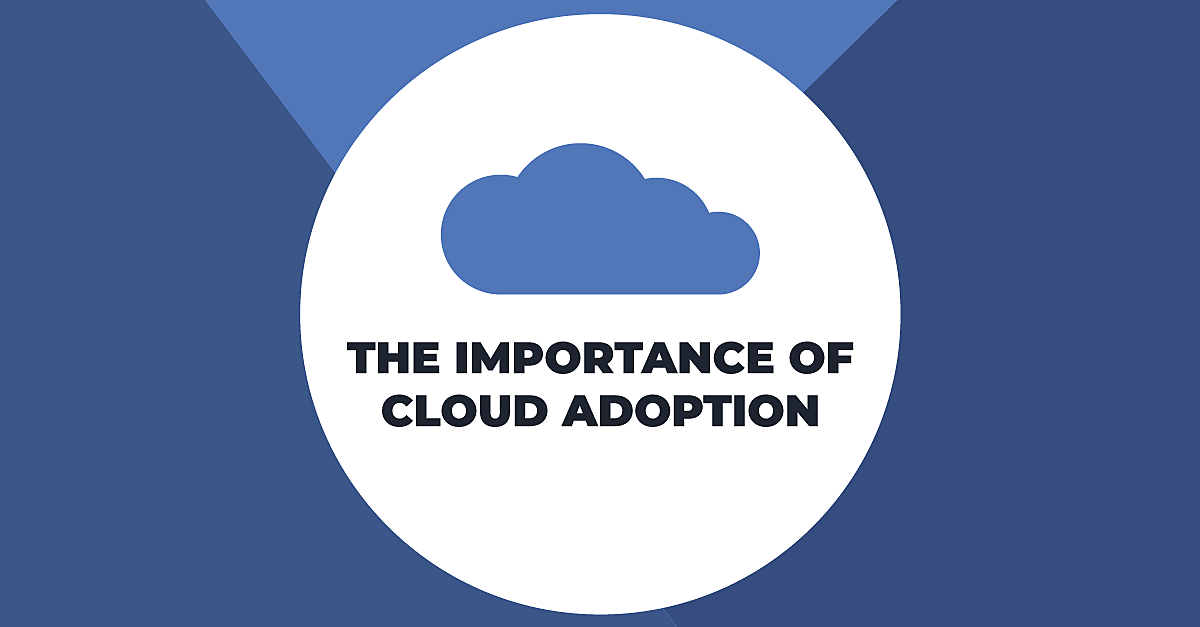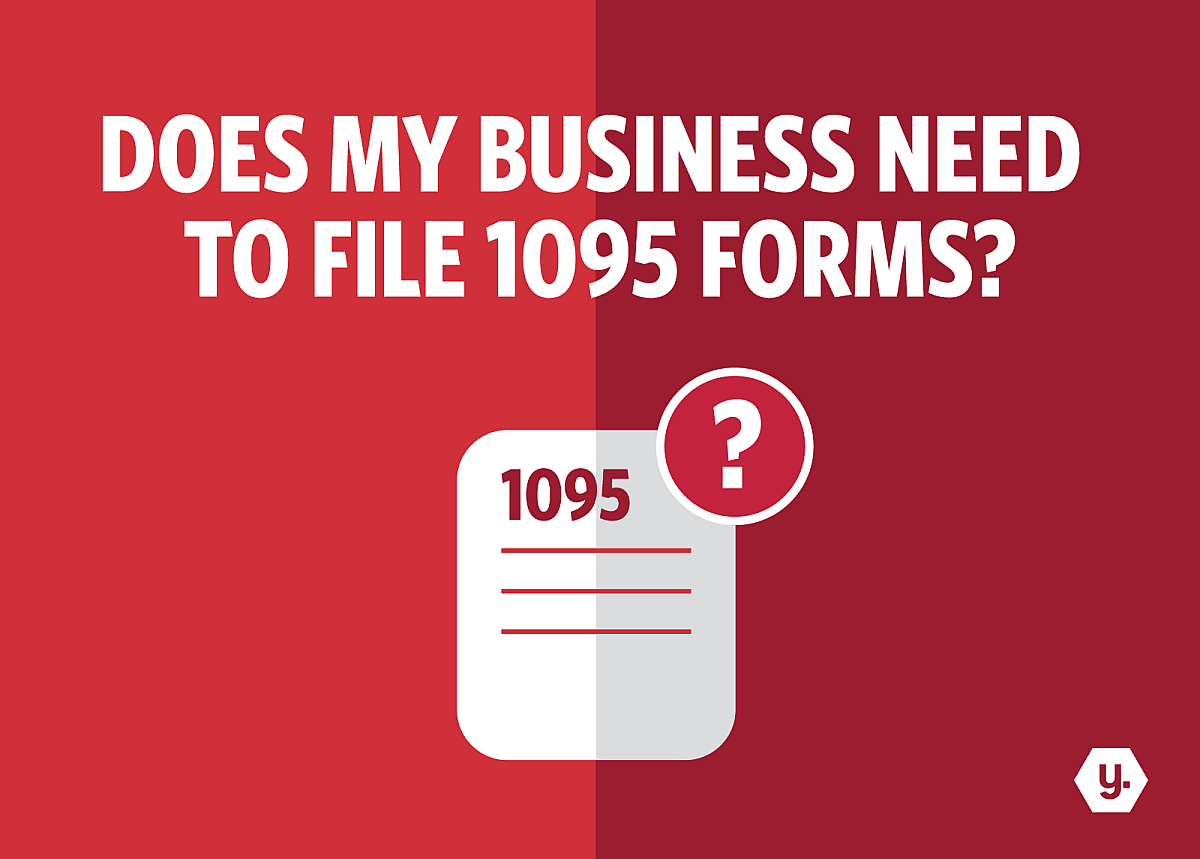
The Importance of Cloud Adoption
Leveraging the Benefits of Cloud-Based Technology
Are you leveraging the benefits of cloud-based technology? That is a question today’s businesses must consider as the rate of cloud adoption continues to gain momentum and transform the way they operate.
It is no secret that the onset of the COVID-19 pandemic shifted the rate of cloud adoption into high gear; however, the migration to the cloud was well underway long before the pandemic. Now, with the call for more remote or hybrid work environments and the need for greater operational efficiencies amid staffing constraints, leveraging the cloud has become table stakes for businesses of all sizes.
Consider this: 93% of small businesses utilize some form of cloud computing services, according to a survey conducted in 2023 by the Small Business & Entrepreneurship Council.
Separately, a 2022 global cloud user survey found that 78% of small and medium-sized businesses (SMBs) use public cloud for at least some of their business applications and data. This was a 56% jump compared with the 2019 survey conducted just before the pandemic.
Meanwhile, Forrester research predicts that the public cloud market will top more than $1 trillion worldwide by 2026 — that’s more than double the $446.4 billion in 2022.
Cloud usage among organizations is no doubt moving at a rapid clip. Those businesses that fail to embrace change and underestimate the benefits of cloud-based solutions risk losing their competitive edge.
Drive efficiencies, compliance
Faced with the need for greater efficiencies and evolving rules and regulations, migrating to the cloud has perhaps never been more important.
One of the greatest benefits of shifting to the cloud is the ability to improve operational efficiencies. When businesses are able to eliminate time-consuming, manual tasks through automation and integration capabilities it enables them to focus on more revenue-generating opportunities. It also enables better collaboration with both co-workers and customers regardless of an employee’s location.
The cloud also enables businesses to unlock the power of data and leverage advanced technologies like artificial intelligence and data analytics.
In fact, the 2022 global cloud user survey cited earlier found that nearly 40% of respondents said they consider the cloud to be a gateway to advanced technologies like AI and machine learning (ML).
Businesses must also be able to effectively pivot and comply with evolving rules and regulations. The cloud helps facilitate this and provides the easy access to real-time data, software updates, and scaleability that organizations need to keep pace with changes.
Among the more recent developments is the IRS’ move to lower the e-filing threshold for tax and information returns (Read "IRS e-file threshold Q&A: What businesses need to know" for more details). This development impacts a significant number of entities and those businesses that have not yet shifted to cloud-based solutions are wise not to rest on their laurels.
In response to the news, an article by assurance, tax, and financial advisory services firm BDO stated, “Affected employers may need significant lead time to implement new software, policies and procedures to comply with the new rules. Thus, even though electronic filing is not required until 2024 for the 2023 tax year, employers should evaluate what changes may be needed. Simply doing the ‘same as last year’ will not work for many employers.”
Added a spokesperson for cloud software provider Greatland, “With anything new, you’ll have the inevitable progression of laggards to innovators. My guess is that we’re probably entering the top of this curve. I think we’ll begin seeing more businesses e-filing than ever before. The technology and security is there and the infrastructure is available behind programs like Yearli.com. Of course, the new IRS e-file threshold requirement will push most businesses filing more than 10 forms to the cloud.”
Yearli.com by Greatland is a cloud-based 1099 and W-2 reporting platform.
The rise of remote, hybrid work environments
The shift to more remote or hybrid work environments continues. A growing number of employees are reevaluating where and how they want to work and are seeking jobs that the provide the flexibility they desire. For businesses, this means having the technology in place to enable staff to work remotely.
“Even though we’ve seen more people return to the office as of late, companies shouldn’t pull back on remote work policies,” said Paul McDonald, senior executive director of talent solutions and business consulting firm Robert Half, in a press statement.6 “Flexibility and choice are clearly non-negotiables for many professionals, and employers will lose good staff if they limit remote options without a valid reason.”
According to research conducted by Robert Half, nearly 9 in 107 workers considering a job change (87%) are interested in hybrid or fully remote positions.
Interestingly, the research also found that 32% of workers surveyed who go into the office at least one day a week said they are willing to take a pay cut for the ability to do their job remotely all the time. How much of a pay cut? The average response was 18%.
Noted Greatland’s spokesperson, “Working from anywhere is the reality of today. Most businesses need to be able to operate from anywhere, anytime, but also need to consider the risk. That’s why a secure-based cloud-platform, like Yearli.com, is important.”
Best practices to help ensure data security
Ensuring data security is undoubtedly paramount. The good news is that there are steps businesses can take help ensure proper security measures are in place. When evaluating software providers, consider the following questions:
- What are some best practices for a successful move to the cloud (i.e., assign a champion, started with a small pilot, etc.)?
- Have security policies been designed to protect data as it is received, processed, and stored?
- Does the provider highlight the importance of staff education on policies and security threats, as well as monitoring of policy adherence, to ensure it has an informed and engaged team combating threats?
- Does the vendor leverage the most recent firewall technology, in combination with rigorous firewall settings and threat detection models, to segment and protect network resources and customer data?
- Is data encryption utilized when data is stored on its systems, as well as in transit to and from customers?
- Are its systems monitored 24/7 for threats, and does it use state-of-the-art services and tools to actively monitor systems and report issues that require attention?
Furthermore, consider a cloud provider that delivers the following in data security:
- Databases are encrypted at both the field level and database level;
- Data is transmitted by and moved within its system using Transport Layer Security (TLS) protocol and 2048-bit encryption;
- Has strict controls and procedures governing security of data and undergoes an annual extensive SOC 2 Type 2 audit to ensure compliance;
- Systems have 24x7 live monitoring of potential threats and system issues; and
- Uses multi-factor authentication for login security.
Leveraging cloud-based solutions is table stakes for today’s businesses. The need for greater operational efficiencies, evolving rules and regulations, and employees’ desire for greater work flexibility has made moving to the cloud critical. For those businesses that have yet to make the shift, the time is now.
Latest News
-
 November 25, 2025
November 25, 2025New Alternative Furnishing Method for Forms 1095-B and 1095-C Comes with Complexities
The IRS has updated the Affordable Care Act (ACA) reporting process for Forms 1095-B and 1095-C. These changes aim to reduce administrative costs and simplify reporting, but they also create new compliance challenges for employers and health insurance providers.Read More -
 October 8, 2025
October 8, 2025Your Business Guide to 1099 Filing in 2025: Deadlines and Compliance Tips with Yearli
Businesses must prepare for 2025 IRS 1099 filing by understanding key deadlines for Forms 1099-NEC and 1099-MISC and leveraging e-filing tools like Yearli to stay compliant. This guide outlines important dates, recent IRS updates, and practical tips to avoid penalties and streamline the filing process.Read More -
December 30, 2024
Understanding Form 1099-DA: A Comprehensive Guide to Filing for Digital Asset Transactions
As the use of digital assets like cryptocurrencies and non-fungible tokens (NFTs) continues to grow, so does the need for clear tax reporting guidelines. To address this, the IRS has introduced Form 1099-DA, which will be required starting in 2025.Read More
